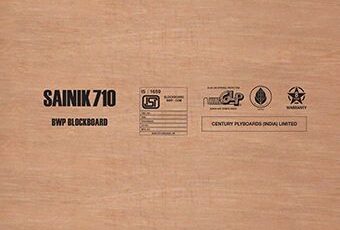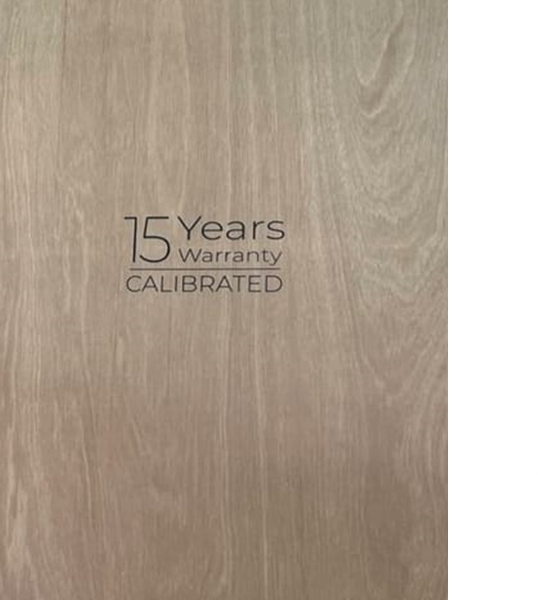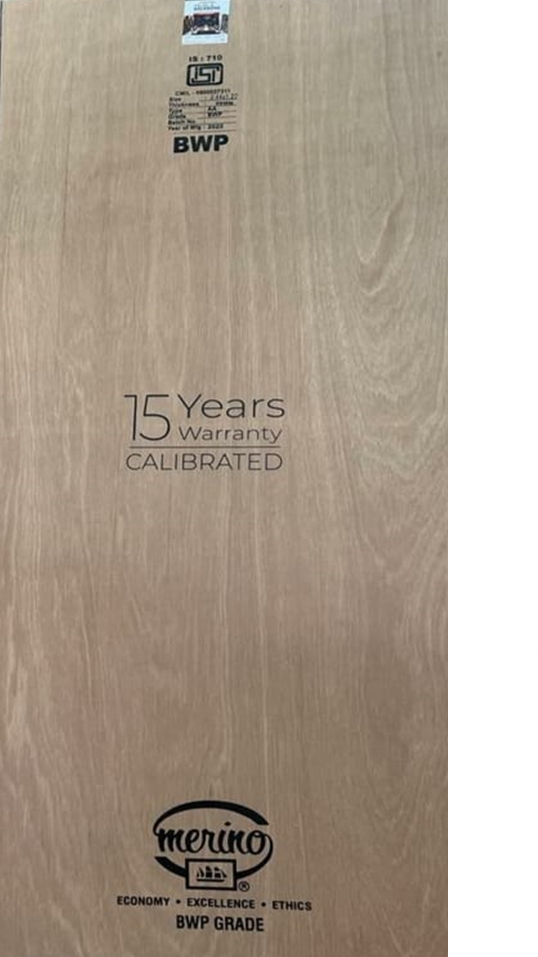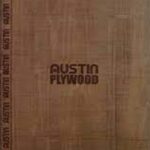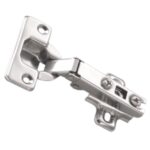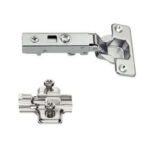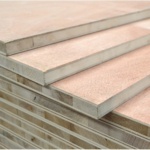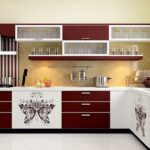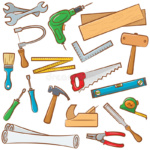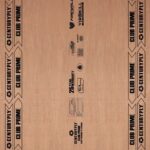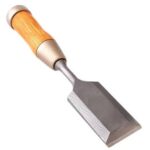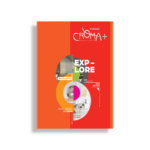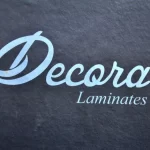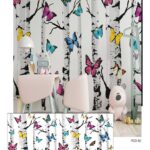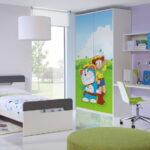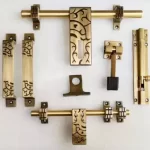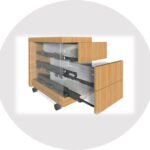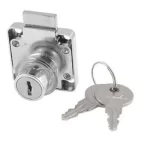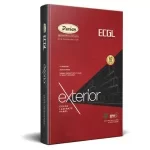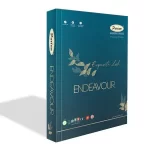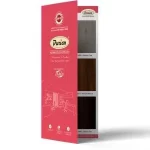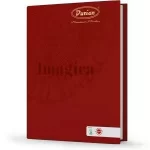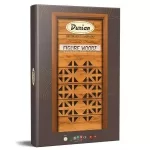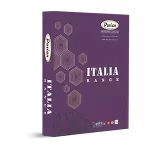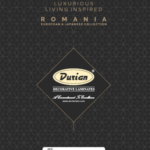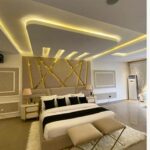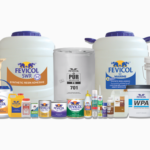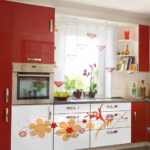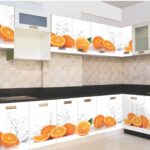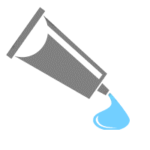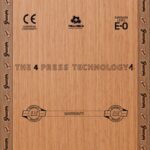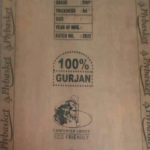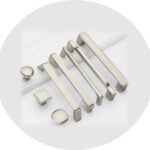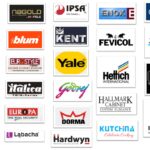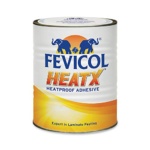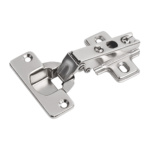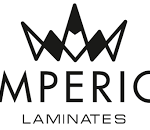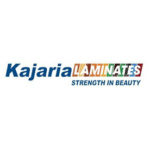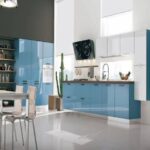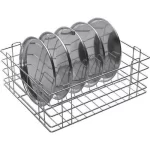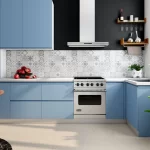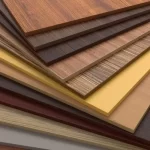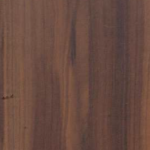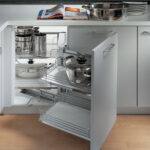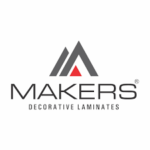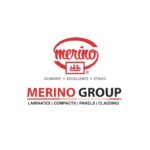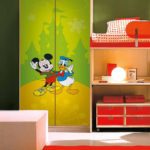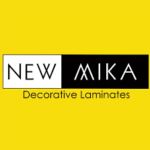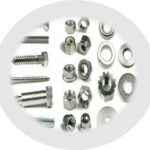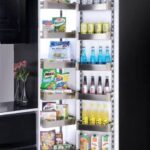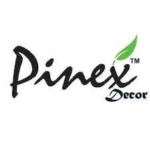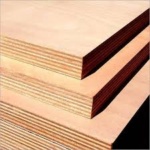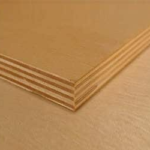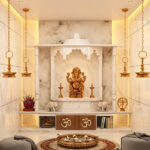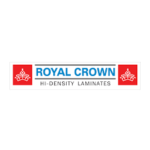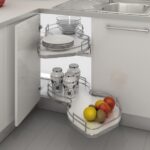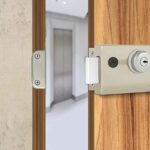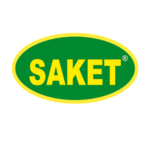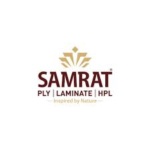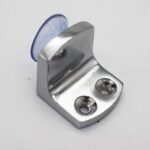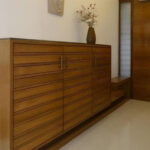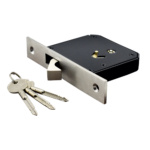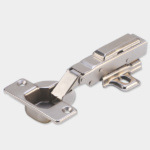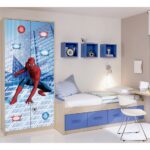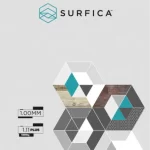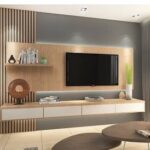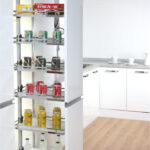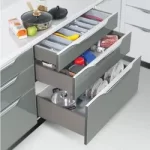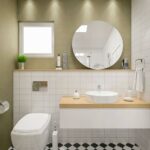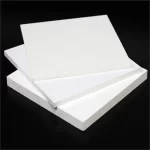19MM Marine Plywood
19MM Marine Plywood
Fast Shipping
Carrier information
24/7 Support
Product & Brand Details
19MM Marine Plywood
Marine plywood is preferred for outdoor use, given its durability and resistance to the elements. Its multiple layers and high-quality wood make it last 15- 25 years, depending on the type and several other factors.
- Making boats
- Putting up a lake platform or a fishing platform
- Building boat docks
- Deck
- Bathroom and kitchen walls and subflooring
- Planter boxes
- Gazebos
- Making outdoor benches
- Outdoor furniture
What Is Marine Plywood?
19MM Marine Plywood
Plywood is a building material that is manufactured using sheets of wood, compressed and glued together in alternating layers, called plies.
The layers give the flat surface more strength.
Marine plywood is different that standard plywood in the way that it is manufactured, and the grades of marine plywood available.
It is designed to have a resilience against moisture damage (rot) and other outdoor elements, but it is not ‘treated’ specifically. Some plywood is compressed and treated with chemicals that make it more durable to resist damage, but there’s another factor involved in the marine grade.
That is the crucial qualification for plywood to be considered marine grade.
Thanks to this feature, the material is suitable for the boat construction industry, outdoor furniture and home building projects, as it withstands long periods immersed in water, snow, wind and other exposure.
But in addition, marine plywood must be constructed from Douglas Fir boards, and a minimum of five layers, bound together with waterproof glue.
What Wood Is Used in Plywood?
19MM Marine Plywood
Plywood construction involves bonding multiple wood veneers from hardwoods or softwoods, meaning that various tree species make different boards. The wood type determines how many trees it takes to build a house, and it applies to other aspects of construction.
The most popular softwoods used include Pine, Cedar, Spruce, Redwood, or Douglas Fir but the most common hardwoods in plywood construction are Mahogany, Maple, Teak, and Ash.
However, composite plywood (particleboard and OSB) will involve lumber-piece chunks.
Marine Plywood Performance
Trees reduce CO emissions and are vital in the construction sector. The marine grade is a top choice for such needs, thanks to its high performance. Although not fully waterproof, it boasts water-resistance properties, making it best for boat and outdoor furniture construction.
Unlike other materials, the wood used in its creation is not chemically treated, a technique that makes plywood rot-resistant. Unless there is wood treatment, the exterior ply may suffer degradation, but the impeccable manufacture protects the internal layers.
Pressure or chemical-treated wood is better at protection from rot than Marine plywood grades. You can always enhance your board’s performance by applying a sealant. This protective layer increases its water-resistant properties and its lifespan in general.
Features of Marine Grade Plywood
19MM Marine Plywood
You may ask what makes Marine plywood marine, and the following are the main qualities of the material.
- It can maintain its structural integrity even after prolonged contact with water.
- Its surface is moisture-resistant thanks to the special phenolic plastic used in its construction.
- The sleek surface without pores keeps off the water, which causes delamination in standard plywood.
- It is very flexible and ideal for interior and exterior use or where there is frequent contact with moisture.
- Experts can easily shape it since it can maintain its structural integrity, and the upside is that it doesn’t break under minimal pressure.
- Manufacturers use quality adhesives and modified resin to keep it water-resistant.
- Marine plywood is best for boat construction where there is excessive water exposure, and you can also use it in making kitchen and bathroom finishes.
- It is the sturdiest and most durable plywood and maintains its integrity regardless of application.
- Given the above impressive qualities and the manufacturing process, marine-grade plywood is generally more expensive than standard versions.

